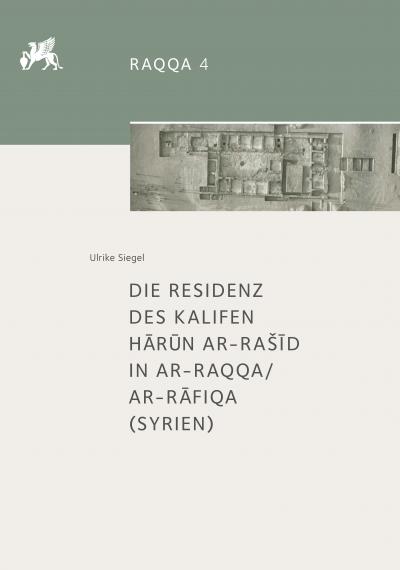Constructs a contemporary philosophical theology from the Māturīdī tradition of kalām
- Reconstructs the theological system of Abū Manṣūr al-Māturīdī
- Explores the development of the early and classical Māturīdī tradition
- Engages with contemporary philosophy and theology
- Provides a systematic treatment of the divine nature and attributes
- Advances the fields of Islamic philosophy of religion and kalām jadīd
Ramon Harvey revisits the Muslim theologian Abū Manṣūr al-Māturīdī (d. 333/944) from Samarqand and puts his system, and that of the Māturīdī school, into lively dialogue with modern thought.
Combining rigorous study of Arabic Māturīdī texts with insights from Husserl’s phenomenology and analytic theology, Harvey explores themes from epistemology and metaphysics to the nature of God and specific divine attributes (omniscience and wisdom, creative action, divine speech and the Qur’an). His systematic treatment of these topics shows that a contemporary Islamic philosophical theology, or kalām jadīd, can be true to the past, yet dynamic in the present, and can provide original and constructive answers to perennial theological questions.
Foreword
Preface
Acknowledgements
Introduction
1. Tradition and Reason
2. Rational Reality
3. Natural Theology
4. Divine Nature
5. Omniscience and Wisdom
6. Creative Action
7. Divine Speech and the Qur’an
Conclusion
Glossary of Arabic Terminology
Bibliography
Index.






